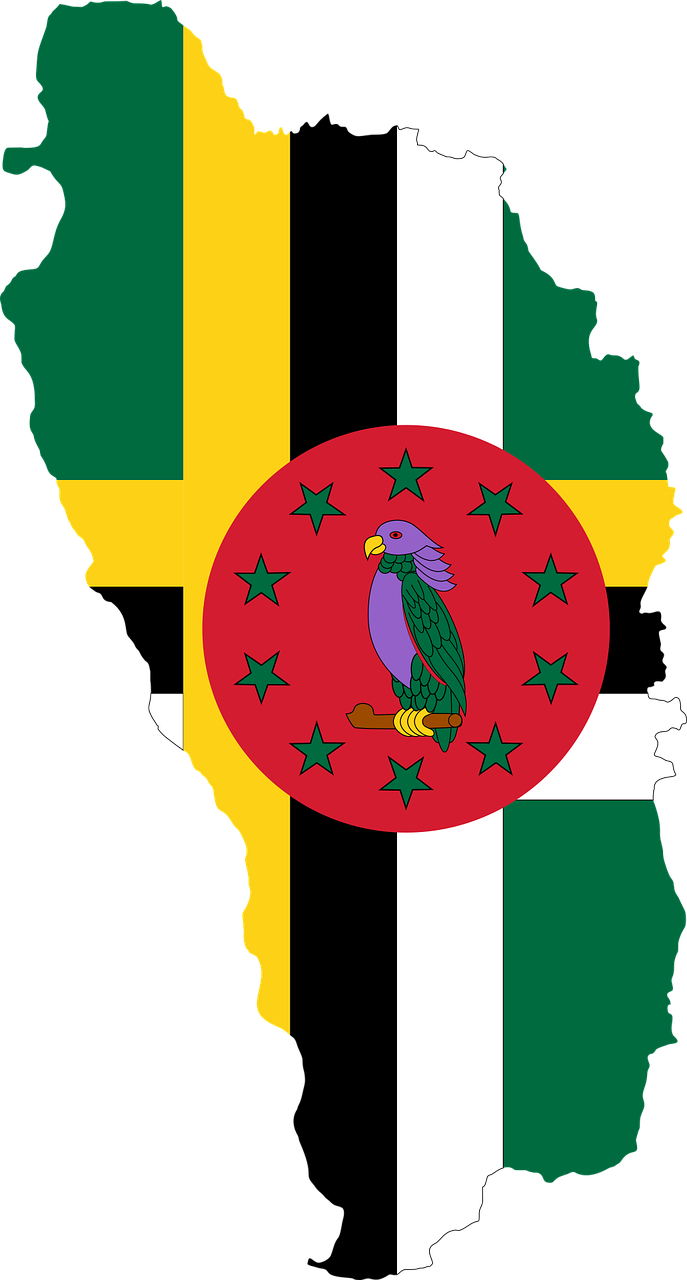COVID-19 stabilising but other health emergencies occurring

The Pan American Health Organization (PAHO) has reported that on 27 July 2022 the number of COVID-19 cases have decreased in the Americas for the first time in five weeks. But the health agency’s director, Carissa F Etienne, urges countries to remain alert to COVID-19 and other health issues, such as monkeypox, which has been recently declared a public health emergency of international concern. “Being healthy and safe from disease is an action, not a guarantee”, the Director said at a media briefing. She encouraged countries to use the tools at their disposal – vaccines, medicines and surveillance. Despite an overall drop in COVID-19 in the region, Etienne warned that cases remain high, with countries reporting 1.6 million new infections over the past week.
According to PAHO, North America and Canada reported a 20 per cent increase in new cases, and some countries in Central and South America also reported surges. In the Caribbean, hospitalizations continue to increase in Cuba, Guadeloupe, French Guiana, and Trinidad and Tobago. The PAHO director highlighted that is also the case in Europe, while Omicron BA.4 and BA.5 sub-lineages are becoming the predominant strains in the Americas, but with one key difference – vaccination coverage. The health agency reports that “high vaccination coverage in Europe means that most COVID-19 patients have been able to safely manage their symptoms at home but in the Americas a third of the population remains unvaccinated and ten countries and territories have yet to protect even 40 per cent of their populations,” she added,
With the increased transmissibility of the new sub-lineages, Etienne urged countries to implement public health measures, such as social distancing and mask wearing, and advised that hospitals in areas with low vaccination coverage should “brace themselves” for an influx of COVID-19 patients. The PAHO Director said that countries must also prepare for monkeypox, which has been declared a public health emergency of international concern by the World Health Organization (WHO) this weekend.
In the Americas, numbers have reached almost 5,300 across 18 countries and territories. But, while nearly all cases, so far, have been reported among men between the ages of 25 and 45 who have sex with men, the Director warned against stigma and discrimination, underscoring that “anyone, regardless of their gender or sexual orientation, can get monkeypox”. PAHO continues to work with Member States on COVID-19 response and has also issued guidance for health workers to manage monkeypox cases and prevent further infections.
With the recent case of vaccine-derived polio type 2 case reported in the United States, Dr. Etienne warned that while the Americas has been polio-free since 1994 thanks to good vaccination coverage and surveillance, in recent years polio vaccination rates have dropped considerably.
The Director said that low vaccination coverage is “extremely worrisome,” putting children at risk of “devastating diseases that have been eliminated in the region”. “We cannot afford to be complacent and must use the tools at our disposal to keep our populations healthy” she added.






